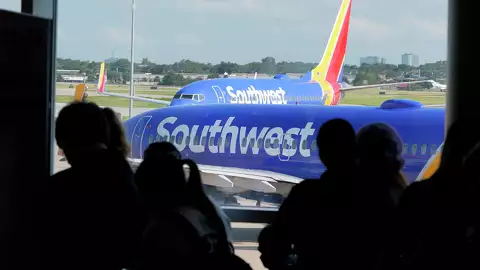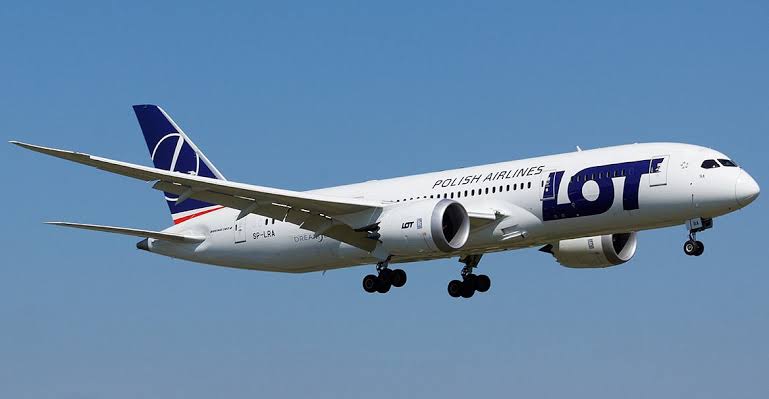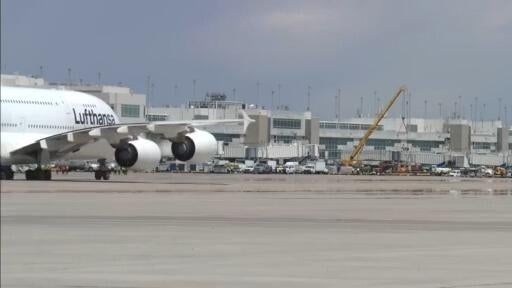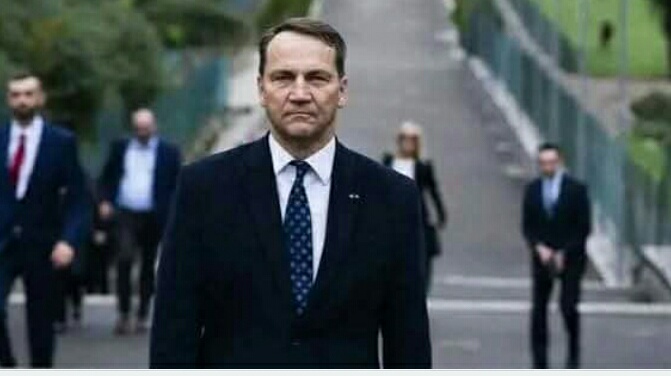United Airlines incident: What went wrong?
Introduction
On April 9, 2017, United Airlines became the center of a global controversy when Dr. David Dao, a 69-year-old Asian-American physician, was forcibly removed from Flight 3411 at Chicago O’Hare International Airport. The incident, captured on passengers’ smartphones, showed Dr. Dao being dragged down the aisle by security officers, bloodied and disoriented. The footage quickly went viral, sparking outrage worldwide and prompting discussions about airline policies, passenger rights, and corporate accountability.
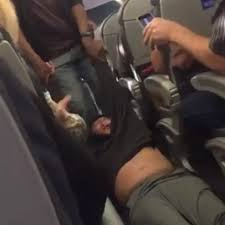
The Incident Unfolds
Flight 3411 was scheduled to depart for Louisville, Kentucky. United Airlines had overbooked the flight, a common practice in the airline industry to compensate for no-shows. However, the situation escalated when the airline needed to accommodate four crew members who were required in Louisville for another flight. After offering compensation to passengers to voluntarily give up their seats—with no takers—United randomly selected four passengers to be involuntarily removed.
Dr. Dao was among those selected. He refused to leave, citing his need to see patients the following morning. In response, United called airport security. Videos taken by fellow passengers show officers forcibly removing Dr. Dao from his seat, causing him to hit his head on an armrest and sustain injuries, including a concussion, a broken nose, and the loss of two teeth. Dr. Dao was then dragged down the aisle, visibly bloodied and distressed.
Public Outcry and Media Frenzy
The videos of Dr. Dao’s removal quickly spread across social media platforms, garnering millions of views and igniting a firestorm of criticism against United Airlines. The incident was widely covered by international news outlets, and public figures, including late-night host Jimmy Kimmel, condemned the airline’s actions. Kimmel criticized United’s handling of the situation, calling their response “take-no-responsibility corporate B.S. speak” .
The incident also resonated deeply within the Asian-American community and in China, where state media used the event to highlight perceived discrimination against Asians in the United States .
United Airlines’ Response
United Airlines’ initial response further fueled public anger. CEO Oscar Munoz issued a statement referring to the incident as a need to “re-accommodate” passengers, a term that was widely criticized for downplaying the severity of the situation. In an internal email to employees, Munoz described Dr. Dao as “disruptive and belligerent,” a characterization that was contradicted by passenger accounts and video evidence .
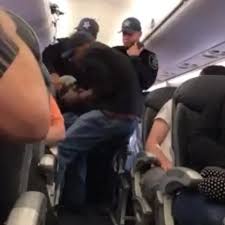
Facing mounting pressure, Munoz later issued a more sincere apology, stating, “No one should ever be mistreated this way.” He pledged that such an incident would never occur again on a United flight and announced a thorough review of the airline’s policies.
Policy Changes and Legal Settlement
In the aftermath, United Airlines implemented several policy changes aimed at preventing similar incidents. These included:
Increasing the maximum compensation for passengers who voluntarily give up their seats to $10,000.
Ensuring that crew members traveling on duty are booked onto flights at least 60 minutes before departure.
Reducing the practice of overbooking flights.
Dr. Dao reached an undisclosed settlement with United Airlines on April 27, 2017. The terms of the settlement remain confidential, but it was reported that Dr. Dao agreed not to sue the city of Chicago or its employees .
Broader Implications
The incident sparked a broader conversation about airline overbooking practices, passenger rights, and the use of force in enforcing corporate policies. It highlighted the need for airlines to prioritize customer service and to handle overbooking situations with greater sensitivity and flexibility.
Legislators responded by proposing new regulations to protect passengers. The “Customers Not Cargo Act” was introduced to prevent airlines from forcibly removing passengers once they are seated. Additionally, the incident prompted the Department of Transportation to review and update its policies regarding overbooking and passenger removal.
Conclusion
The forcible removal of Dr. David Dao from United Airlines Flight 3411 serves as a stark reminder of the importance of treating customers with dignity and respect. The incident exposed significant flaws in airline policies and corporate crisis management, leading to widespread public backlash and prompting meaningful changes in the industry. As airlines continue to navigate the complexities of customer service and operational efficiency, the lessons learned from this event remain as relevant as ever
